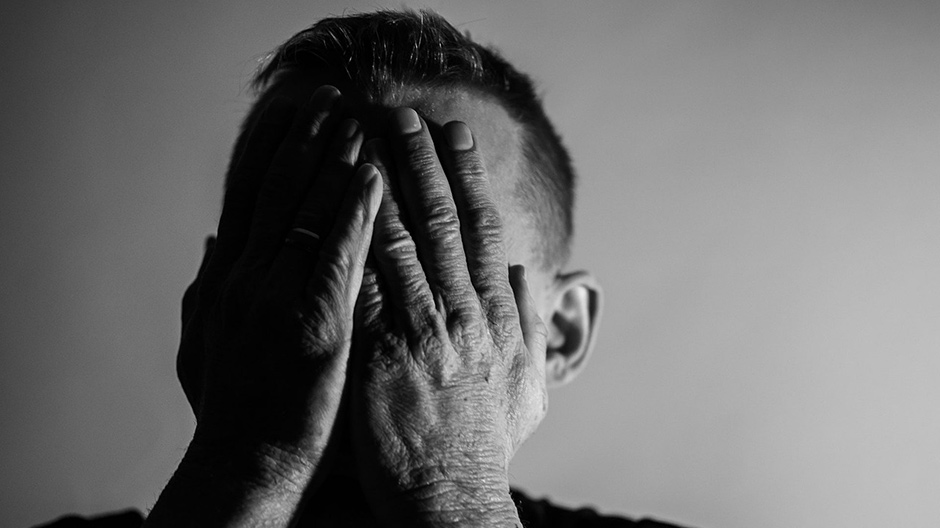Today, nearly 1 billion people worldwide live with a mental illness. With early diagnosis and intervention, most mental illnesses are manageable. Unfortunately, 75% of mental illnesses cases and especially among people from low-income countries are undiagnosed.
Untreated mental disorders may result in unnecessary disabilities, homelessness, inappropriate incarceration, unemployment and poor quality of life.
Below are the four most common mental disorders.
Depression
In 2021, the World Health Organization estimated 280 million people worldwide to have depression. According to studies, depression is caused by a complex interaction between biological/genetics, psychological and social factors.
Depression is often characterized by;
- Feeling sad, empty and hopeless
- Markedly diminished pleasure and interest
- Significant weight changes
- Sleep-related issues (insomnia or hypersomnia)
- Loss of energy (fatigue)
- Depressed patients may also face recurrent thoughts of death and suicidal ideations.
Depression is treated using medications and psychotherapy.
Anxiety
Anxiety disorders refer to illnesses that share features of excessive anxiety, fear, and related behavioral disturbances. These symptoms interfere with one’s day-to-day life.
There are a couple of anxiety disorders, such as;
- Panic Disorders
- Separation Anxiety Disorder
- Generalized Anxiety Disorder
- Specific Phobias
Anxiety disorders differ in the type of stimulus or objects that induce anxiety, avoidance behavior, and fear. Similar to depression, anxiety is treated using medication and psychotherapy.
Bipolar
Bipolar disorder, previously known as manic depression, is a condition that causes extreme mood swings between depression and mania. When an individual is depressed, they feel hopeless and sad. The depression period lasts for months and then shifts to mania. During the mania period, an individual feels euphoric, friendly and full of energy.
Bipolar causes are not entirely known. However, studies say that a mixture of environmental, genetic, and neurochemical factors play a role in its progression.
Even though bipolar disorder is lifelong, mood swings are manageable through medications and psychological counseling.
Posttraumatic Stress Disorder (PTSD)
PTSD is a mental disorder triggered by exposure to or threatened by death, severe injury, and sexual abuse. PTSD symptoms include avoidance, uncontrollable thoughts, severe anxiety, flashbacks, and nightmares.
The condition is usually diagnosed if the symptoms last a month or more. Treatment options include mindfulness techniques, psychotherapy, and medication.







